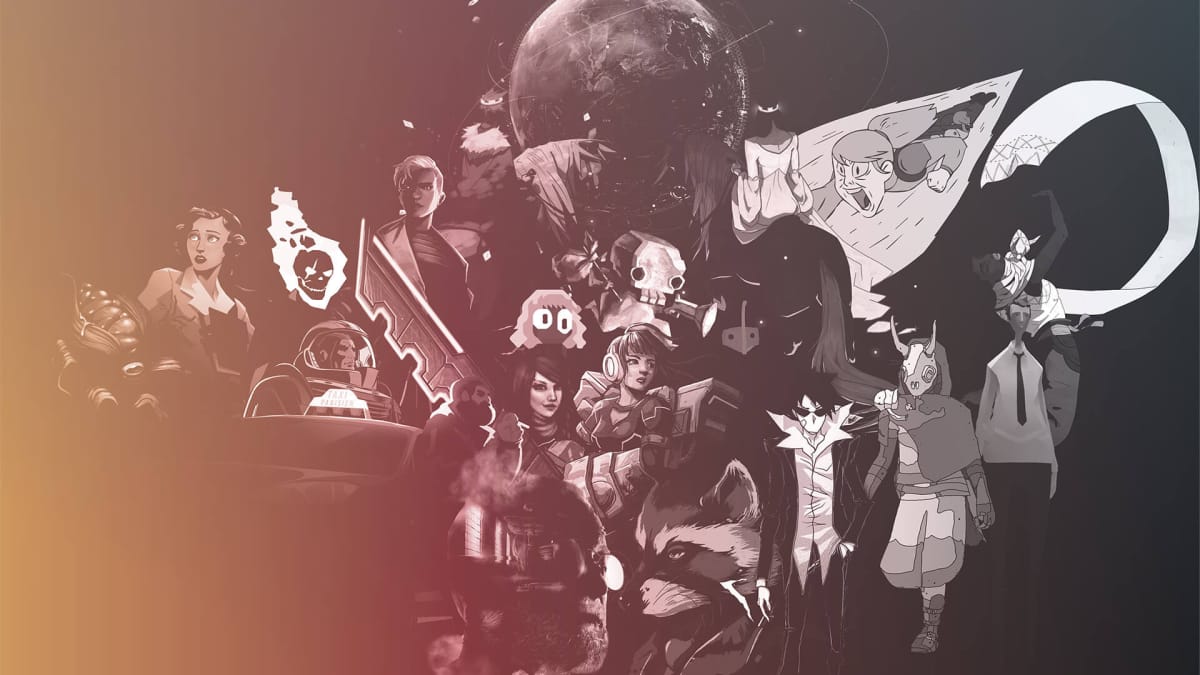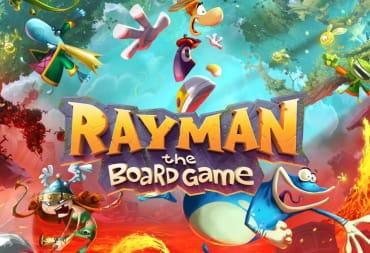Indie publisher Raw Fury has released the contract it uses as its base for developers to sign if they want it to publish their games. The contract has received some mixed reactions, with some pointing out potential issues or discrepancies in the language and terms.
What does Raw Fury's contract stipulate?
We'd recommend you take a look at the full contract if you're well-versed in legalese. As you might expect, there's plenty of dense jargon in there to unpack, but luckily, social media users - whether experts in the law or not - have been picking it over. Minit and Disc Room designer Jan Willem Nijman has not only created an excellent Twitter thread concerning some of the "red flags" present in the contract, but has also annotated the document itself with lots of comments and observations.
I'm not a lawyer, but decided to go over Raw Fury's publishing agreement as I would any contract. Actually very cool that they're being this transparant, that said, a few 🚩 red flags 🚩 you might want to pay attention to. https://t.co/sVXd2Liyvl https://t.co/ZoUK42lxb2
— Jan Willem Nijman (@jwaaaap) December 22, 2020
Some major issues Nijman identifies are a fixed 15% publisher markup regardless of budget or advance, the ability for Raw Fury to "unpublish" a game at any time without allowing the devs to self-publish, and a strange clause forbidding developers from making "a game of the same genre and mechanics" for other publishers for a year. Other Twitter users have identified issues too. Lost Again Games head Bertine van Hövell points out that Raw Fury has included a clause by which terminating additional advance payments also terminates a contract with a developer. Raw Fury staffer Johan Toresson describes this as a necessary "nuke button", but it's slightly alarming nonetheless.
I applaud RF's transparency, it's great that they did this.
— Alex M-O [Wishlist Rune Fencer Illyia on Steam!] (@AMO_Crate) December 23, 2020
But god, 'Breach this contract and we now own your game and all your rights to it' is always fucking wild to see in a contract, particularly if dev already has a significant amount of personal investment in the game.
Another issue identified by Nijman involves a clause in the contract that stipulates developers can't "criticize the personal or business reputation, practices, products, or conduct" of Raw Fury. Toresson says he "[doesn't]" expect that to come into play" and that it's "mostly so neither party goes absolutely wild spouting stuff about another". However, Toresson admits this part of the contract "could be worth rewording".
Dean Razavi, who goes by his company name RazburyGames on Twitter, says that, unlike Nijman, he is a lawyer and is experienced in the law. He says he "[agrees] with basically all [Nijman's] red flags" and adds a point of his own regarding the contract's "material breach" terminology being vague. Rune Fencer Illyia developer Alex M-O says that while he "[applauds] RF's transparency", it's "wild" to see a clause that amounts to "breach this contract and we now own your game and all your rights to it". This is especially worrying, says Alex, because a publisher breach seems to result in the publisher "[getting] all their initial advancement back from the dev's revenue anyway".
It's worth noting that this is unusual for the gaming industry, which, by and large, tends to be shrouded in secrecy when it comes to legal matters and contracts. In addition, it's worth saying Raw Fury does leave itself open for comment and criticism. On Twitter, the company says it's working to set up an FAQ with some commonly-asked questions in it and asks gamers to submit questions via Asana. Alongside its contract, Raw Fury also released "a bunch of documents from legal, finance, marketing etc" as resources for developers to help them navigate the world of business in gaming. These include legal documents, a sales projection sheet, a project fact sheet, and more. You can find all of these resources here.
How are other publishers reacting to the Raw Fury contract release?
Some other indie publishers have released, or are considering releasing, their own publishing contracts. Indie publisher WhiteThorn Games took to Twitter to release its own contract. The publisher says it's "happy to AMA style respond in line" if you have questions about its contract. Like the Raw Fury link, it's a Google Doc, and it's been annotated with users' observations and comparisons to the Raw Fury document.
Well, we don't have explosions, but we do have our contract template. In response to @RawFury blowing the curtains off, why don't we? Nobody likes that one weirdo at the sauna who still has a towel on. https://t.co/I97DrwYZhd
— WhiteThorn Games (@WhiteThornGames) December 22, 2020
Comments enabled. pic.twitter.com/rdsG4QSr9S
In addition to WhiteThorn, publisher Another Indie says it's "considering" releasing its contract document. However, Another Indie co-founder Iain Garner says the studio's contracts "tend to be more bespoke" than Raw Fury's and that the contract terms tend to change more frequently. Raw Fury staffer Johan Toresson says the original Raw Fury release hasn't "annoyed" publishers, but he acknowledges the reaction has been mixed. Some people, he says, are saying the release of the contract is a good move to increase transparency, while others are calling Raw Fury "the face of exploitation".
It's difficult to know whether or not this will increase publisher transparency in terms of developer contracts across the board, but Raw Fury's announcement already seems to be having an effect on other publishers. We will, of course, bring you more on this - including any other publishers who decide to release their own contracts - as soon as we get it.
Have you read Raw Fury's contract? What do you think? Let us know in the comments below!







